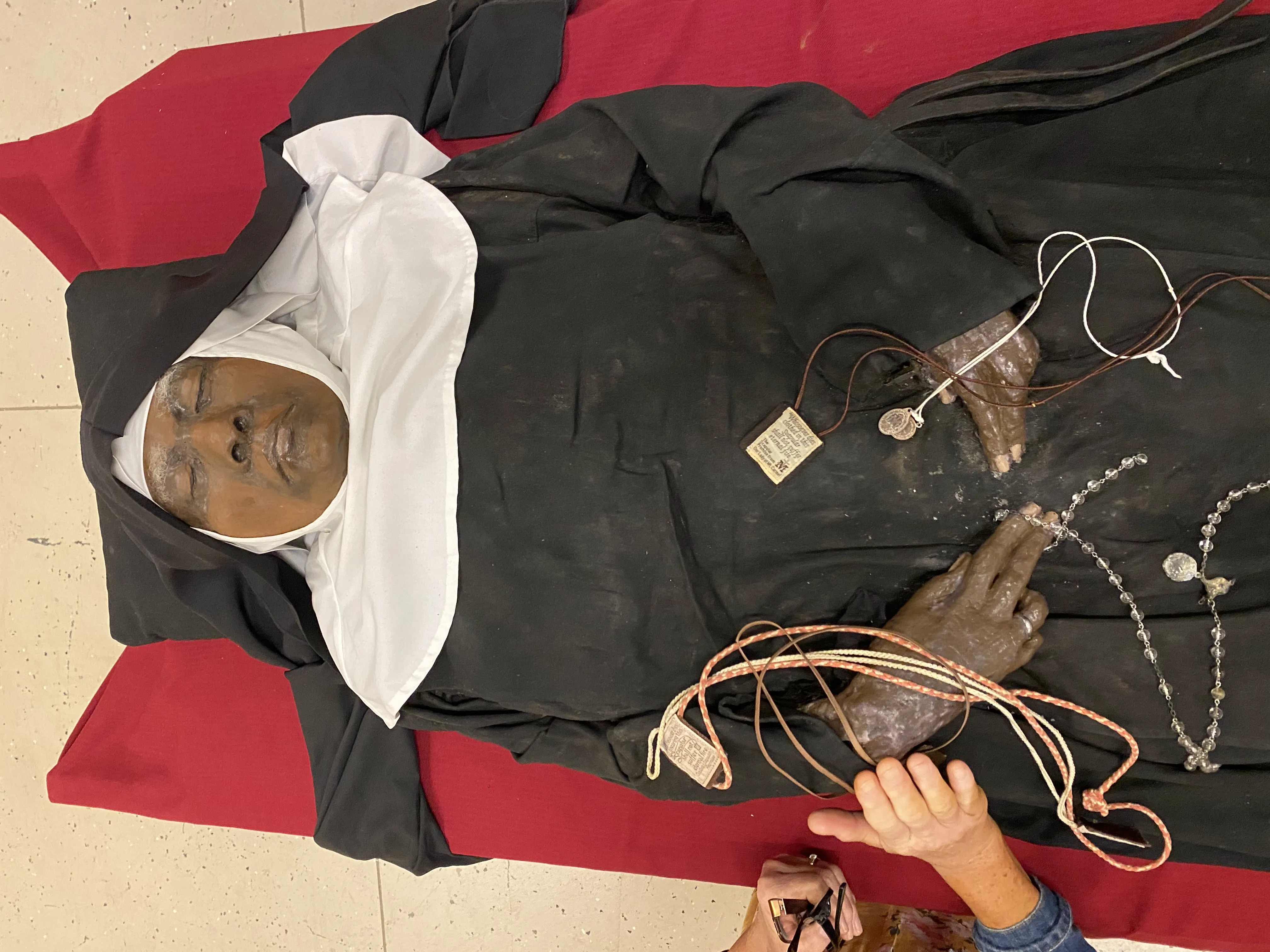
Washington D.C., Sep 4, 2017 / 04:01 am (CNA/EWTN News).- In their 2017 statement for Labor Day, the U.S. Conference of Catholic Bishops stressed a properly ordered understanding of work, which prioritizes the worker and the family.
This vision of work must ensure safe working conditions, show solidarity with those in poverty, and seek to emphasize the dignity of the worker rather than solely economic gain, the statement emphasized.
“Economic stresses contribute to a decline in marriage rates, increases in births outside of two-parent households, and child poverty,” said Bishop Frank Dewane of Venice, chairman of the Committee on Domestic Justice and Human Development at the U.S. bishops’ conference.
He called for legal safeguards to protect workers’ rights and defend against exploitation.
However, “(l)egal protections cannot solve all problems when the culture itself must also change,” he said, and these changes must extend beyond politics, and aim to recover the understanding of work as “a cooperation with God’s creative power.”
The bishop expressed concern that despite a growing economy, there is still a “stagnant or … decreasing [wage] for the vast majority of people” and that the newly generated wealth is only going to a small percentage of people.
“The dignity of the individual and the demands of justice require, particularly today, that economic choices do not cause disparities in wealth to increase in an excessive and morally unacceptable manner, and that we continue to prioritize the goal of access to steady employment for everyone,” said the bishop, repeating the words of Benedict XVI in Caritas in veritate.
That encyclical has also been echoed by Pope Francis, the bishop noted, pointing to Francis’ challenge “to confront a twisted understanding of the purposes of labor which does not recognize talents as gifts from God.”
“With such a mindset, it becomes possible to improperly justify economic and societal injustices,” he added, and warned that “merit” can be used to unjustly excuse inequality in the work place.
“The poor person is considered undeserving and therefore to blame. And if poverty is the fault of the poor, the rich are exonerated from doing anything,” said the bishop, repeating the words of Pope Francis.
Seeing wealth as the basis for right or wrong, Bishop Dewane said, opposes the message of the Gospel and aligns itself to the opinions of Job’s friends, who saw Job’s misfortune as the result of his sin.
Pope Francis has said that this view contradicts God’s “gaze of love” which is best reflected in the parable of the Prodigal Son, whose father “thinks no son deserves the acorns that are for the pigs,” even when the son has failed.
However, this potential crisis is also an opportunity to regain the true nature of work, Bishop Dewane said, highlighting the importance of legal protections, unions, and rest.
He said laws should be ordered to protect compensation in wage and injuries, worksite safety, easy access to information on workers’ legal rights, and the right to unionize.
“Migrants and refugees should receive careful consideration, including the conditions that allow for dignified work and protections against trafficking,” he said, also giving special attention to closing the wage gap between sexes.
Unions must regain the voice of the unheard and be a line of defense for the vulnerable, especially the foreigners and the discarded, he said.
“Thus, the union should resist the temptation of ‘becoming too similar to the institutions and powers that it should instead criticize,’” said the bishop, quoting a statement to the Italian trade unions issued by the Holy Father last month.
Additionally, he said, the whole wellbeing of the worker, including their family life, should be promoted, respecting a proper amount of rest necessary for recovery and a parent’s bonding with their children.
A properly ordered understanding of work is crucial, the bishop said, “not only to understanding our work, but also to coming to know God himself.”
If you value the news and views Catholic World Report provides, please consider donating to support our efforts. Your contribution will help us continue to make CWR available to all readers worldwide for free, without a subscription. Thank you for your generosity!
Click here for more information on donating to CWR. Click here to sign up for our newsletter.








Leave a Reply